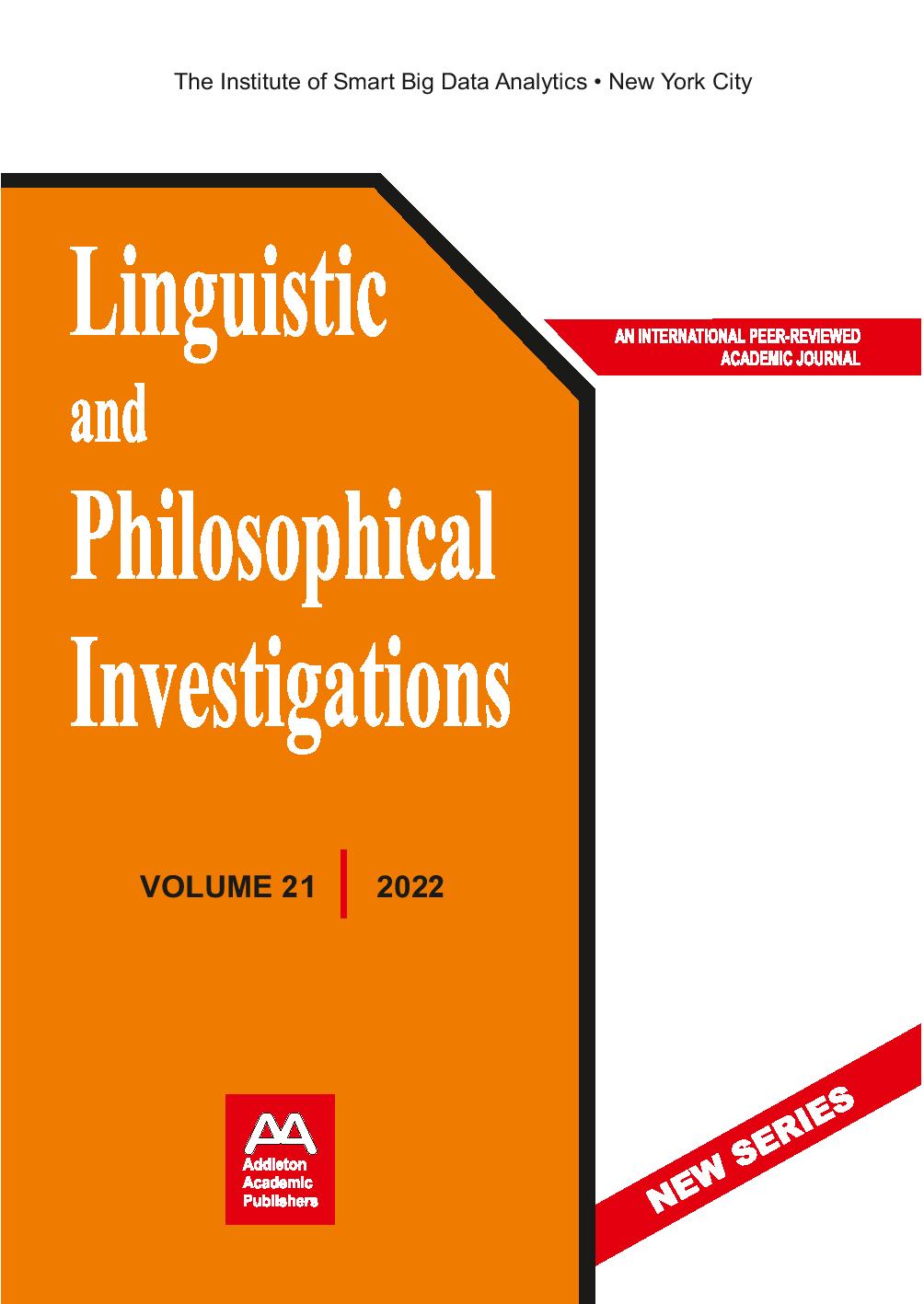The Virtual Economy of the Metaverse: Computer Vision and Deep Learning Algorithms, Customer Engagement Tools, and Behavioral Predictive Analytics
The Virtual Economy of the Metaverse: Computer Vision and Deep Learning Algorithms, Customer Engagement Tools, and Behavioral Predictive Analytics
Author(s): Robert WatsonSubject(s): Management and complex organizations
Published by: Addleton Academic Publishers
Keywords: virtual; economy; metaverse; algorithm; customer;analytics and marketing index;
Summary/Abstract: The purpose of this study is to examine the virtual economy of the metaverse in terms of computer vision and deep learning algorithms, customer engagement tools, and behavioral predictive analytics. In this article, I cumulate previous research findings indicating that tailored services in the virtual economy focus on customer retention, increased brand recognition, and optimized digital shopping experiences, by tracking consumer sentiment, behavior, and engagement, thus improving business competitiveness. I contribute to the literature on optimized purchase behavior as regards items traded in the metaverse by showing that customer engagement and product data management can optimize brand visibility and performance, increasing average order and customer lifetime value. Throughout February 2022, I performed a quantitative literature review of the Web of Science, Scopus, and ProQuest databases, with search terms including “metaverse” + “virtual economy,” “computer vision algorithms,” “deep learning algorithms,” “customer engagement tools,” and “behavioral predictive analytics.” As I inspected research published between 2021 and 2022, only 82 articles satisfied the eligibility criteria. By eliminating controversial findings, outcomes unsubstantiated by replication, too imprecise material, or having similar titles, I decided upon 16, generally empirical, sources. Data visualization tools: Dimensions (bibliometric mapping) and VOSviewer (layout algorithms). Reporting quality assessment tool: PRISMA. Methodological quality assessment tools include: AXIS, Dedoose, MMAT, and SRDR.
Journal: Linguistic and Philosophical Investigations
- Issue Year: 2022
- Issue No: 21
- Page Range: 41-56
- Page Count: 16
- Language: English
- Content File-PDF

